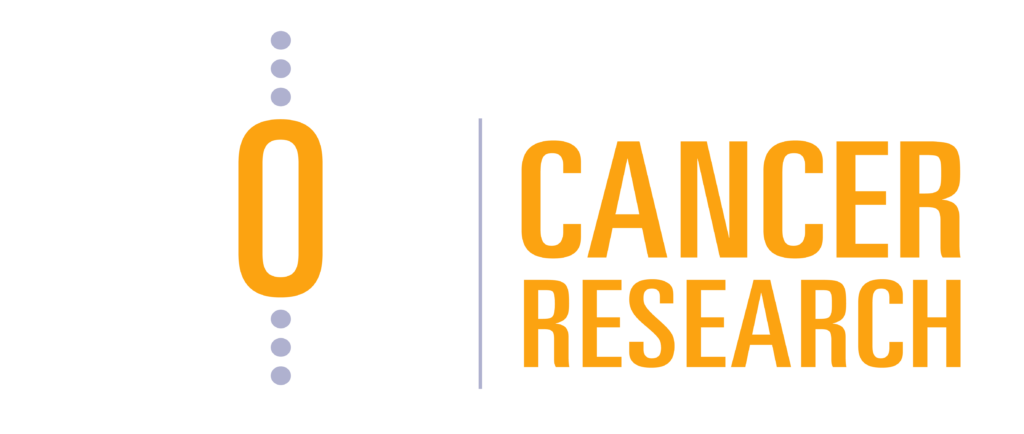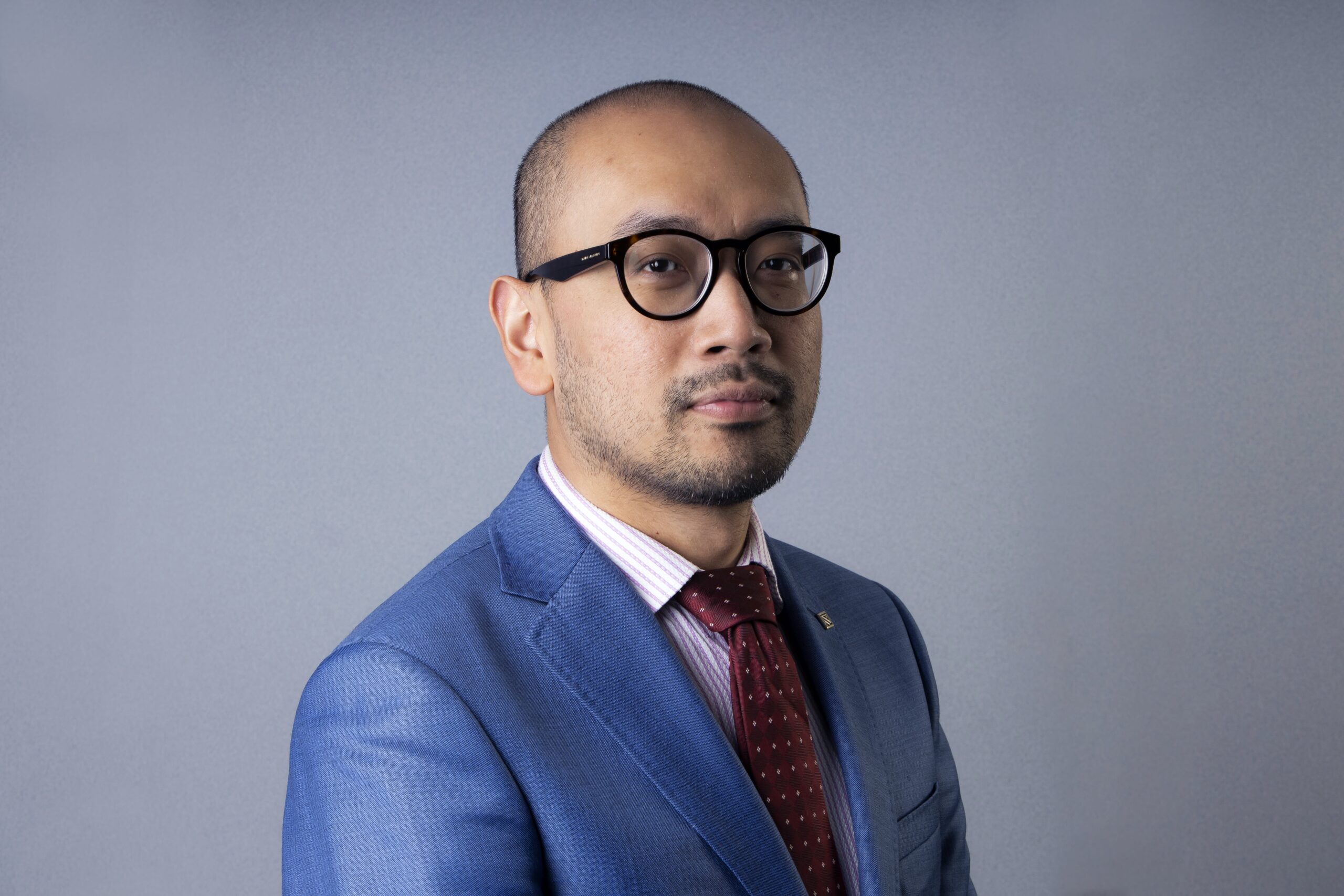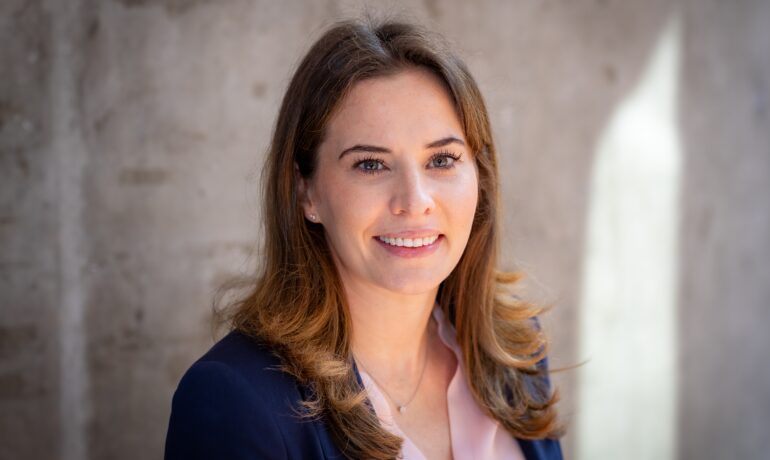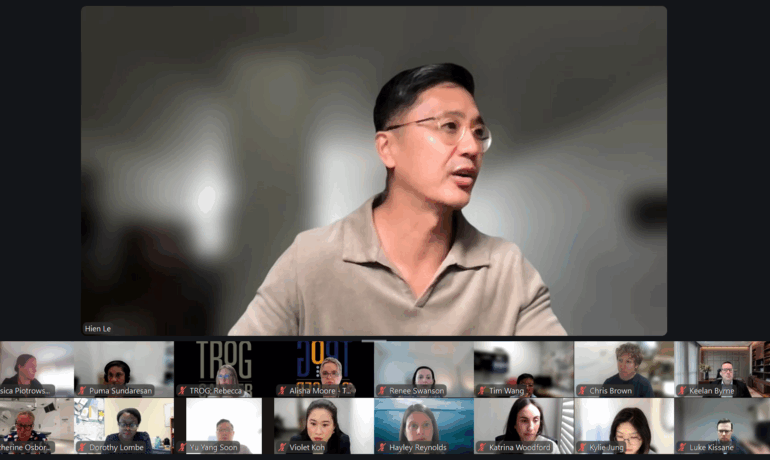To mark Prostate Cancer Month in September, we asked Chair of the TROG Genitourinary (GU) Working Party, Professor Wee Loon Ong, to share insights about his own research and how the Working Party is helping to progress research in this important area.
Prof Ong is a Radiation Oncologist subspecialising in prostate cancer care. He is an Adjunct Clinical Professor at Monash University School of Translational Medicine, and will lead the Australian arm of the new NRG-GU013 HIGH-FIVE trial.
1. What is the main area of prostate cancer that your research is focused on?
My main area of prostate cancer research is on ways to improve the delivery of radiation therapy for prostate cancer, specifically stereotactic ablative body radiotherapy (SABR), to improve cancer outcomes and minimise treatment related side effects. Within my institution, we have multiple Phase 2 trials on prostate SABR under the IMproving Prostate rAdiotherapy through Clinical Trial (IMPACT) program, co-led by Dr Therese Kang (another TROG GU Working Party member). Under the IMPACT program, we have opened the first-in-Australia 2-fraction prostate SABR phase 2 trial. This is part of the work leading up a new TROG phase 2/3 trial (VIIPER trial) comparing 2 vs 5 fraction and standard dose vs dose de-escalated prostate SABR in collaboration with the team at Newcastle. Apart from that, I am also working closely with international cooperative trials groups e.g. NRG Oncology and CCTG to bring international Phase 3 trials in prostate SABR trial into Australia. We are also starting to build in some translational research work within the IMPACT program.
Another area of research is on population-based health services research in prostate cancer. In my role in Australia and New Zealand Prostate Cancer Outcomes Registry (POCR-ANZ), I have been heavily involved in multiple research projects over the last 5-10 years, investigating the variations in prostate cancer care at population level, and identifying areas for ongoing quality improvement to reduce potentially unwarranted variation in prostate cancer care and outcomes.
2. You received the TROG Secondary Data Analysis Award last year. Can you briefly describe what aspects of prostate cancer your analysis of data from prior TROG trials has shed light on?
The secondary data analyses use data from TROG 96.01 and TROG 03.04 – RADAR, two practice-changing TROG trials in prostate cancer led by Prof Jim Denham and Prof David Joseph. Both trials confirmed the benefits of combining androgen deprivation therapy (ADT) with radiation therapy for prostate cancer. The secondary data analyses was done as part of the MARCAP (Meta-Analysis of Randomised trials in Cancer of the Prostate) Consortium work, led by Prof Amar Kishan and Prof Daniel Spratt. The TRANSPORT (Testosterone Recovery Following Androgen Suppression and Prostate Radiotherapy) meta-analyses, pooling data from TROG 96.01 and TROG 03.04 and international trials from Canada and Spain. Specifically, it investigated the time to testosterone recovery in individuals who had ADT with radiotherapy, which provides useful information to guide patient counselling to set realistic expectation to resolution of the ADT-related side effects following ADT. This work has been published in European Urology, and was awarded multiple prizes including the 2024 RANZCR FROGG Prize and Monash Partners Comprehensive Cancer Consortium Prize.
3. Why are clinical trials focused on radiation therapy important in improving outcomes for prostate cancer?
Clinical trials are important to provide us with good evidence base to guide our clinical practice, with the ultimate aim of improving patient care
4. What role does the TROG Genitourinary (GU ) Working Party play in progressing research in this area?
The TROG GU working party has several important roles including to:
- Work with Australian investigators to develop and design clinical trials to advance our clinical practice
- Support emerging investigators to be involved in clinical trials
- Work closely with international cooperative trial groups to bring GU trials into Australia, allowing patients access to international clinical trials.
- Explore opportunities for secondary data analyses using the rich dataset from previous TROG trials.
Find out more out the TROG Working Parties and Committees.
Read about the new NRG-GU013 HIGH FIVE trial into high-risk prostate cancer
Related Post
Shaping the future: How TROG’s Emerging Investigators group is breaking down barriers for new researchers
SPECIAL INTEREST GROUP IN FOCUS: 10 December 2025 Dr
TROG Concept Development Workshop sows seeds for innovative new research
LATEST NEWS: 4 December 2025 TROG provided a kick-start




